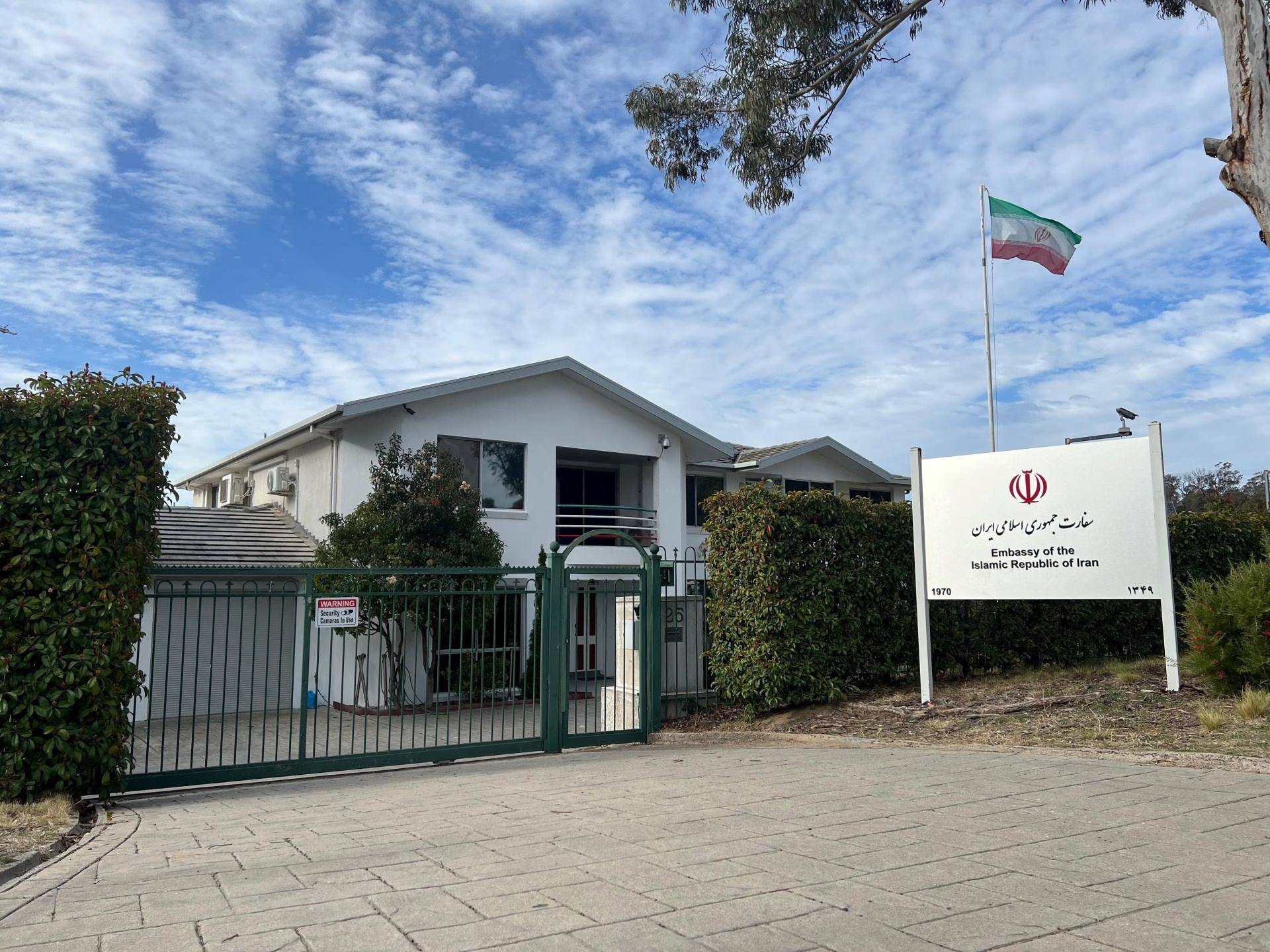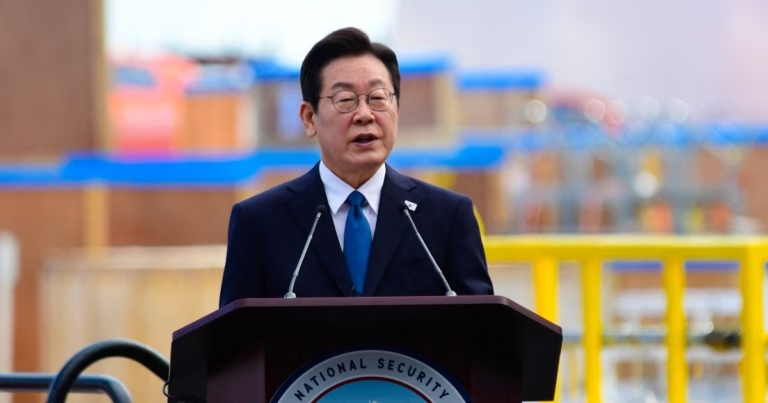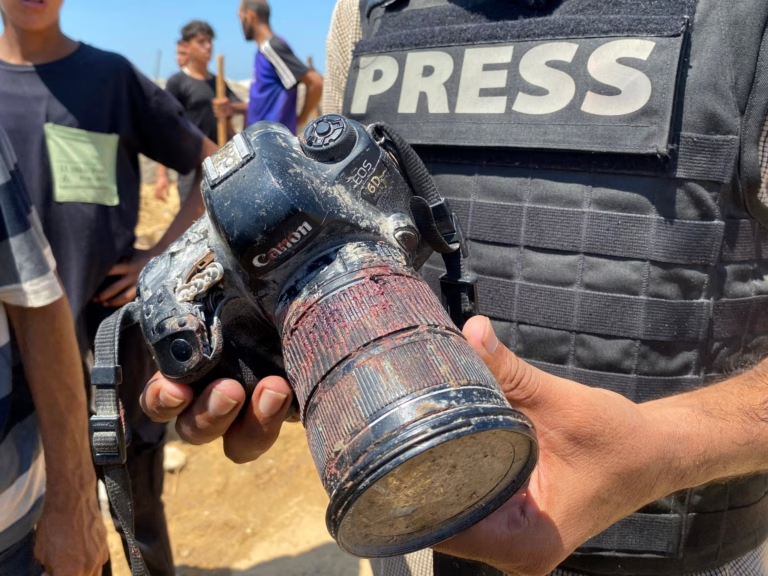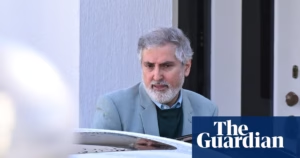Israel claims that its actions led to the expulsion of Iran’s ambassador from Australia after the Australian Prime Minister accused Iran of orchestrating attacks on Jewish communities, which Iran denies.
Australia has rejected the assertion that Israeli actions influenced its decision to expel Iran’s ambassador, Ahmöd Sadeghi, from Canberra following Prime Minister Anthony Albanese’s accusation that Tehran was responsible for directing anti-Semitic attacks in Sydney and Melbourne.
On Wednesday, the Australian Minister for Home Affairs, Tony Burke, dismissed Israel’s claim, calling it “complete nonsense,” when questioned by ABC Radio.
Earlier on Tuesday, Albanese stated that Australia had come to a “deeply disturbing conclusion” supported by “credible intelligence” that Iran’s government had orchestrated at least two attacks on Australia’s Jewish community.
Australia had reached the conviction that Iran’s involvement was evident through the “credible intelligence” gathered.
In response to the allegations against Iran by Australia, the Israeli government spokesperson, David Mencer, praised Australia for seriously addressing threats against the Jewish community, which he claimed followed strong statements by Israeli Prime Minister Benjamin Netanyahu.
“He made those comments because he did not believe that the actions of the Australian government had gone anywhere near far enough to address the issues of anti-Semitism,” Mencer added.
The Israeli government’s comments were mentioned in an article by ABC titled “Israeli government claims credit for pushing Albanese to expel Iranian diplomats.”
Netanyahu previously accused Albanese of being “a weak politician who betrayed Israel and abandoned Australia’s Jews” after Albanese announced plans to formally recognize a Palestinian state in September.
Iran categorically rejected Australia’s accusations and suggested that the claims were a response to Australia’s limited criticism of Israel.
“It seems that this action is taken in order to compensate for the limited criticism the Australian side has directed at the Zionist regime [Israel],” said Iranian Ministry of Foreign Affairs spokesman, Esmaeil Baghaei.
Ilana Lenk, spokesperson and head of public diplomacy at Israel’s embassy in Canberra, highlighted the threat posed by Iran by sharing local media headlines on social media.
“We warned Iran wouldn’t stop with Israel or the Jewish people. The West is next isn’t just a slogan, and today Australia sees it,” she stated.
In a statement, the Jewish Council of Australia expressed shock at learning about Iran’s alleged role in planning anti-Semitic attacks.
“The fact that a foreign government appears to be responsible shows how irresponsible it was for the attacks to be used to demonise the Palestine solidarity protest movement,” the council’s statement read.
“We call on politicians and the media to exercise caution and to avoid politization of these attacks in a way that could further harm the Jewish community,” the statement added.
On Wednesday, the Australian Minister for Home Affairs, Tony Burke, dismissed Israel’s claim, calling it “complete nonsense,” when questioned by ABC Radio.
Earlier on Tuesday, Albanese stated that Australia had come to a “deeply disturbing conclusion” supported by “credible intelligence” that Iran’s government had orchestrated at least two attacks on Australia’s Jewish community.
Australia had reached the conviction that Iran’s involvement was evident through the “credible intelligence” gathered.
In response to the allegations against Iran by Australia, the Israeli government spokesperson, David Mencer, praised Australia for seriously addressing threats against the Jewish community, which he claimed followed strong statements by Israeli Prime Minister Benjamin Netanyahu.
“He made those comments because he did not believe that the actions of the Australian government had gone anywhere near far enough to address the issues of anti-Semitism,” Mencer added.
The Israeli government’s comments were mentioned in an article by ABC titled “Israeli government claims credit for pushing Albanese to expel Iranian diplomats.”
Netanyahu previously accused Albanese of being “a weak politician who betrayed Israel and abandoned Australia’s Jews” after Albanese announced plans to formally recognize a Palestinian state in September.
Iran categorically rejected Australia’s accusations and suggested that the claims were a response to Australia’s limited criticism of Israel.
“It seems that this action is taken in order to compensate for the limited criticism the Australian side has directed at the Zionist regime [Israel],” said Iranian Ministry of Foreign Affairs spokesman, Esmaeil Baghaei.
Ilana Lenk, spokesperson and head of public diplomacy at Israel’s embassy in Canberra, highlighted the threat posed by Iran by sharing local media headlines on social media.
“We warned Iran wouldn’t stop with Israel or the Jewish people. The West is next isn’t just a slogan, and today Australia sees it,” she stated.
In a statement, the Jewish Council of Australia expressed shock at learning about Iran’s alleged role in planning anti-Semitic attacks.
“The fact that a foreign government appears to be responsible shows how irresponsible it was for the attacks to be used to demonise the Palestine solidarity protest movement,” the council’s statement read.
“We call on politicians and the media to exercise caution and to avoid politization of these attacks in a way that could further harm the Jewish community,” the statement added.








